Parenting: The Hard Truths You Only Discover After Years on the Job
One of the hardest truths about parenting is that worry never truly disappears—it only evolves. When your child is small, fears revolve around choking, illness, or falls. As they grow, new anxieties emerge: friends, mental health, and the lure of risky behaviors. This undercurrent of concern shapes everything parents do. Even when children seem independent, the parental mind never fully rests. According to the American Psychological Association, this ongoing anxiety is a common and deeply human aspect of raising children. The cycle of worry is a silent companion, molding the parenting journey from start to finish.
Sleep Is Never the Same Again

Before children, sleep is a given—uninterrupted and restorative. Parenthood changes that forever. At first, you’re jolted awake by midnight feedings and cries. You hope it’s temporary, but as babies become kids and then teens, the reasons for lost sleep just shift. Suddenly, you’re lying awake waiting for your teenager to come home safely, or replaying the day’s worries in your mind. Parental sleep deprivation can persist for years, shaping both energy levels and emotional resilience. Rest, once simple, becomes a luxury.
The Myth of Balance

The notion of achieving perfect work-life balance is, for most parents, a persistent myth. Each day requires constant recalibration—work deadlines, school events, sick days, and family obligations all compete for attention. The idea of “having it all” often feels like chasing a mirage, as priorities shift without warning. Research from the Pew Research Center reveals that many parents struggle to juggle professional and parenting responsibilities, frequently feeling stretched too thin. Instead of balance, most settle for making it through the day with a sense of good enough.
Your Identity Evolves

Parenting transforms who you are in ways you can’t anticipate. The shift from self-focused ambitions to child-centered priorities can feel both fulfilling and disorienting. Tasks and dreams once central to your identity may fall away, replaced by a focus on nurturing, guiding, and supporting your child’s growth. As children become more independent, parents often face the challenge of rediscovering their own passions and sense of self. According to Psychology Today, this evolving identity is a natural but sometimes unexpected part of the long parenting journey. It’s a process of continual reinvention.
Patience Gets Tested Daily
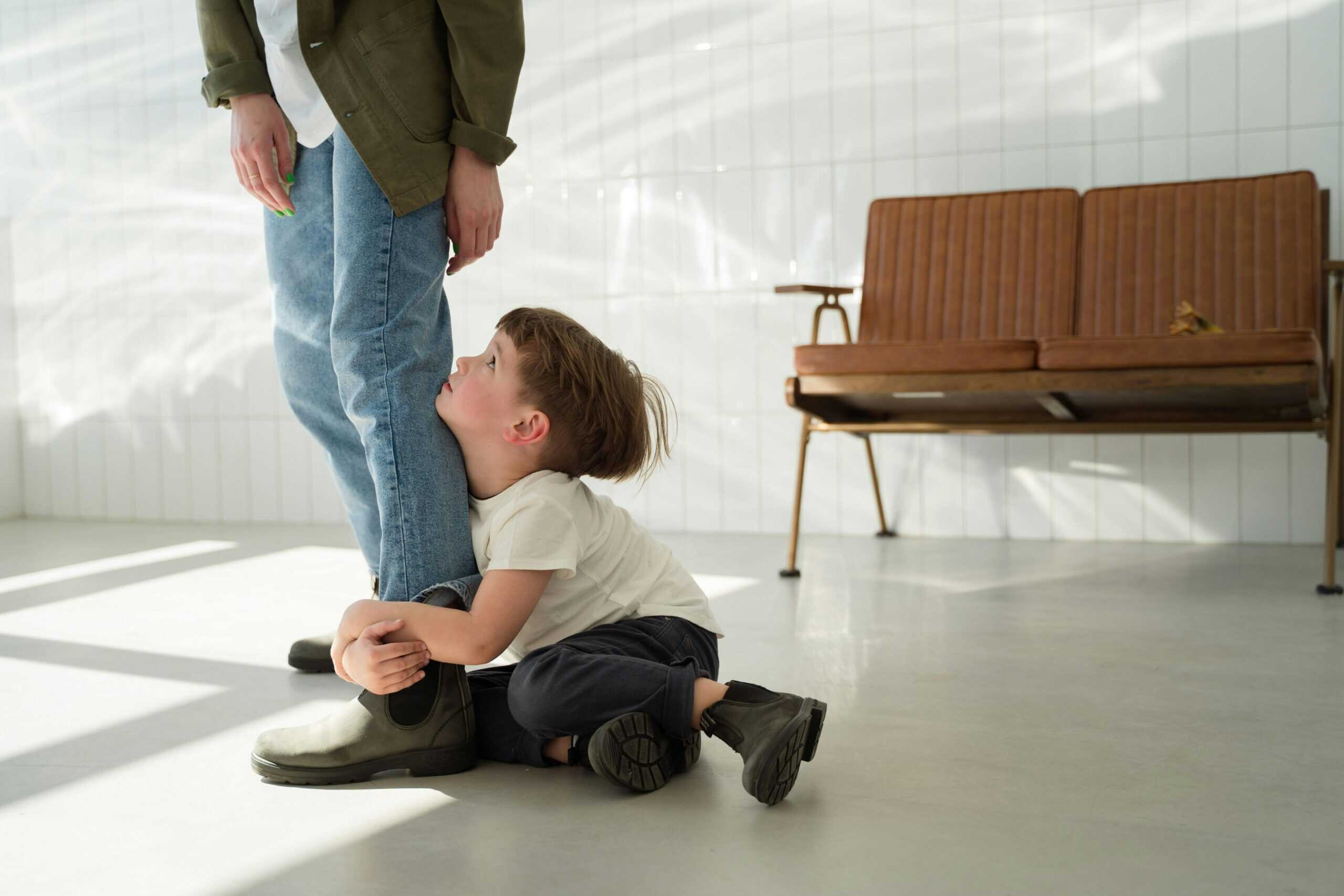
Before parenting, you may imagine yourself as endlessly patient. Reality proves otherwise. From toddler tantrums in the grocery store to the eye rolls and arguments of adolescence, your patience is pushed to its limits. The day-to-day endurance required far exceeds most parents’ early expectations. Learning to manage frustration and model calm responses becomes a lifelong exercise. Over time, patience is less a natural trait and more a hard-earned skill, honed through countless daily tests.
Guilt Is a Constant Companion
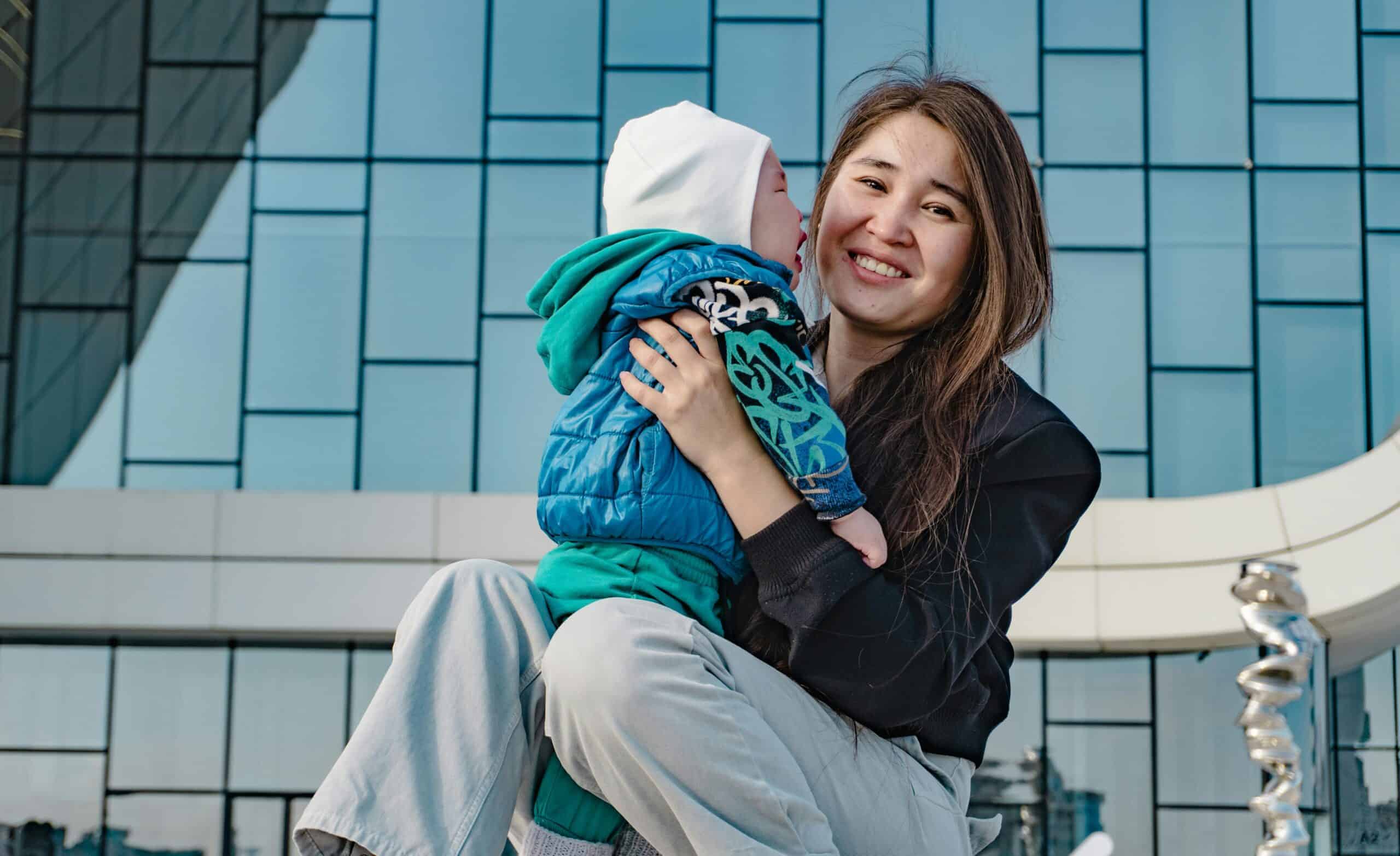
Parental guilt is a shadow that never quite fades. Whether it’s missing a school event due to work, choosing discipline methods, or failing to meet your own expectations, guilt seems to linger at every stage. With young children, it might be about too much screen time or not enough play. As kids grow, guilt shifts to concerns over independence, boundaries, or tough love. The Parents magazine highlights how this emotional weight is nearly universal among moms and dads. No matter how much you do, you always wonder if it’s enough.
Milestones Aren’t Universal
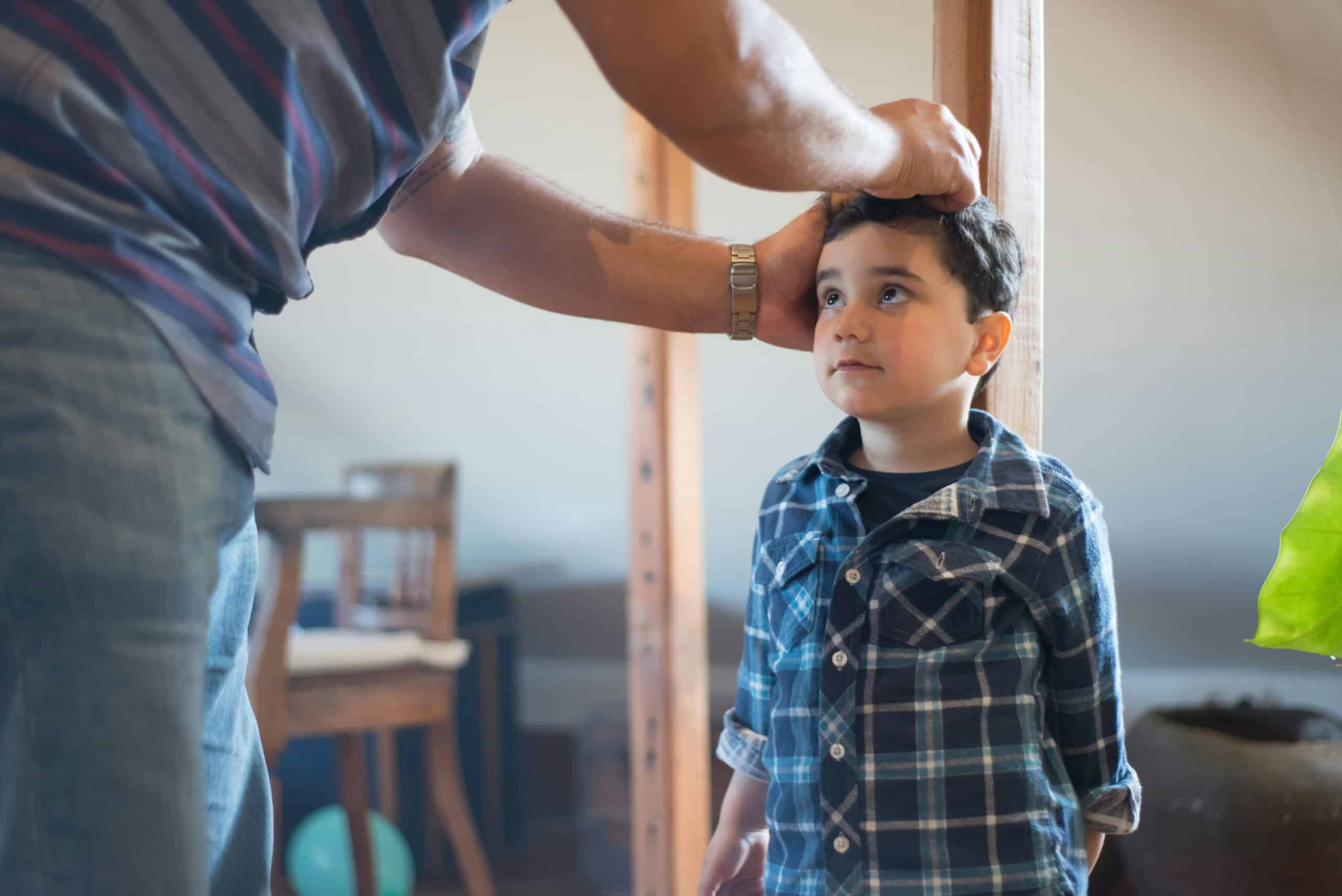
One of the most surprising truths for parents is that developmental milestones unfold on their own timeline. Society often pressures parents to compare—when did your child walk, talk, or read? But the range of “normal” is vast, and children reach these milestones at different ages. The CDC emphasizes that variations are expected and rarely a cause for concern. Recognizing and accepting this reality is liberating, allowing parents to better support their child’s unique path.
Letting Go is Harder Than You Think

Parents eagerly anticipate milestones like the first day of school or a child’s move toward independence—until the moment arrives. Letting go is far more emotional than expected. Initial excitement quickly becomes bittersweet as you watch your child step outside your protective circle. Whether it’s waving goodbye at kindergarten or saying farewell as they leave home, the heartache is real. Experts at Child Mind Institute note that this struggle is a universal part of parenting. Granting freedom is necessary, but it never gets easier.
You’ll Never Have All the Answers

One of the most humbling aspects of parenting is realizing you’ll never know it all. No book or expert can prepare you for every curveball—tantrums that defy logic, friendships that turn sour, or sudden changes in behavior. Often, you learn through trial and error, hoping your choices are right. The American Academy of Pediatrics reminds parents that uncertainty is part of the journey. What works for one child may not for another, and each stage brings new surprises. Embracing this unpredictability is essential for growth—as a parent and as a person.
Your Relationships Change
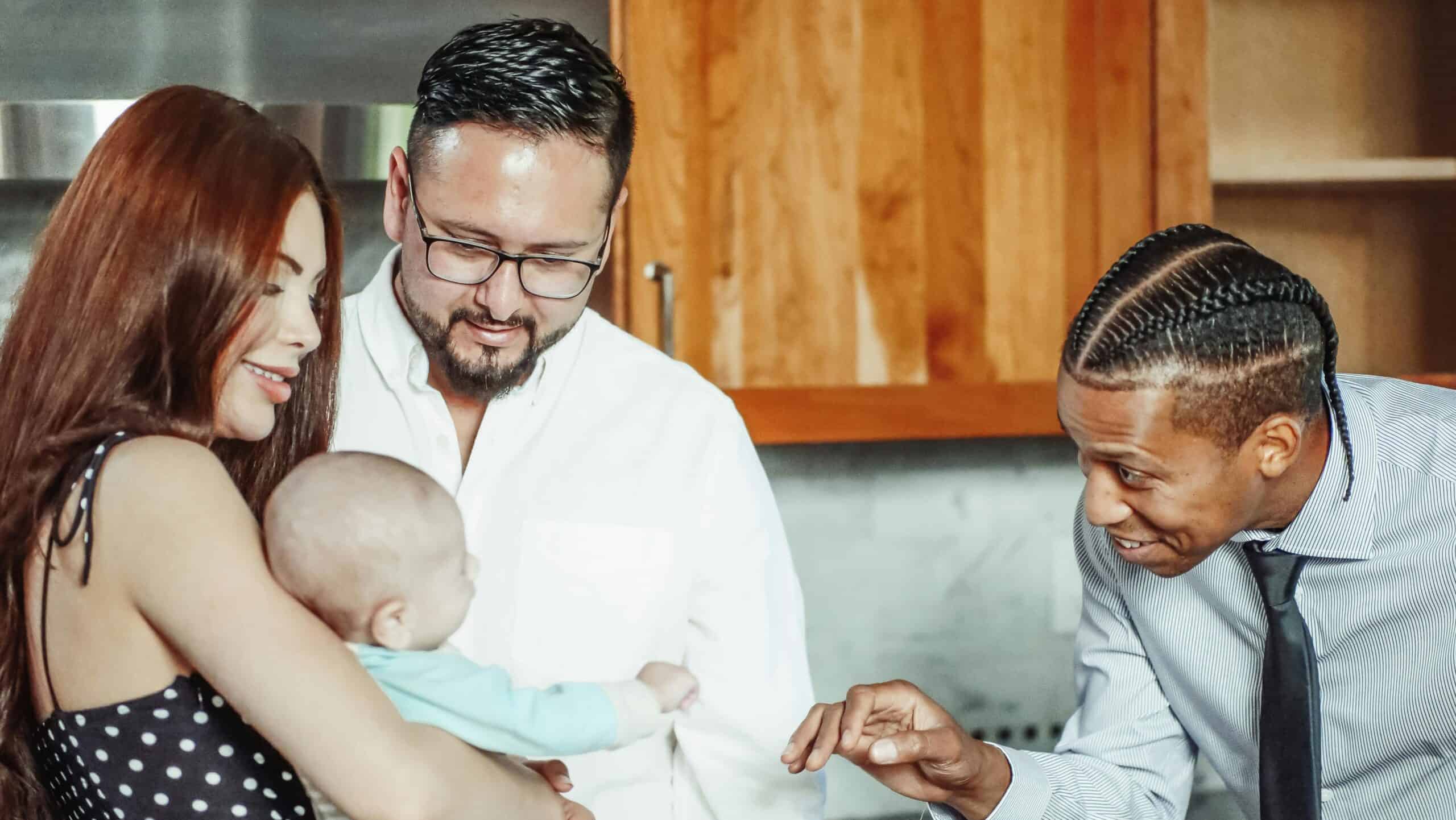
Parenting inevitably transforms your relationships—with your partner, friends, and extended family. Time once spent on spontaneous outings or long conversations now competes with bedtime routines and school events. Partnership dynamics shift as you navigate new responsibilities, often exposing both strengths and stress points. Friendships may fade or deepen depending on shared experiences and understanding. The fabric of your social world changes, and nurturing relationships requires extra effort and patience.
Comparison is Unavoidable—But Unhelpful
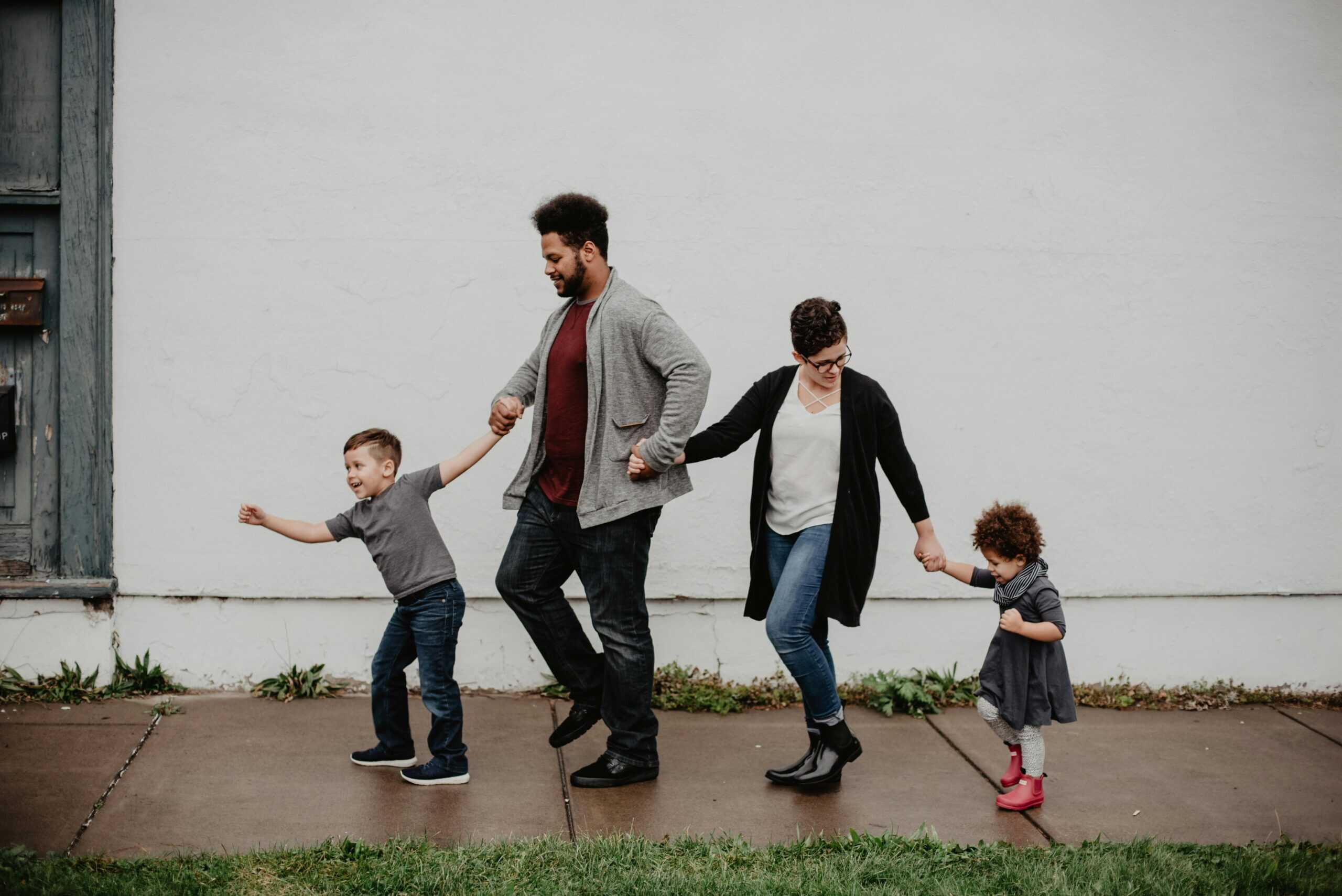
It’s almost impossible not to compare—parenting styles, children’s milestones, and even the apparent happiness of other families. Social media amplifies this tendency, showing highlight reels rather than reality. What helps is recognizing that every family is unique, with its own strengths and challenges. Embracing your own path and letting go of the urge to measure up can bring genuine relief and confidence to your parenting experience.
You’ll Apologize More Than You Expected

Parenting means facing your imperfections—and frequently apologizing for them. Whether it’s snapping in frustration, making a wrong call, or misunderstanding your child’s feelings, sincere apologies become part of daily life. The Children’s Health network highlights how admitting mistakes and asking for forgiveness models humility and respect. These honest moments of vulnerability not only repair relationships but also teach children the value of owning up and moving forward together.
There’s No Such Thing as Perfect Parenting
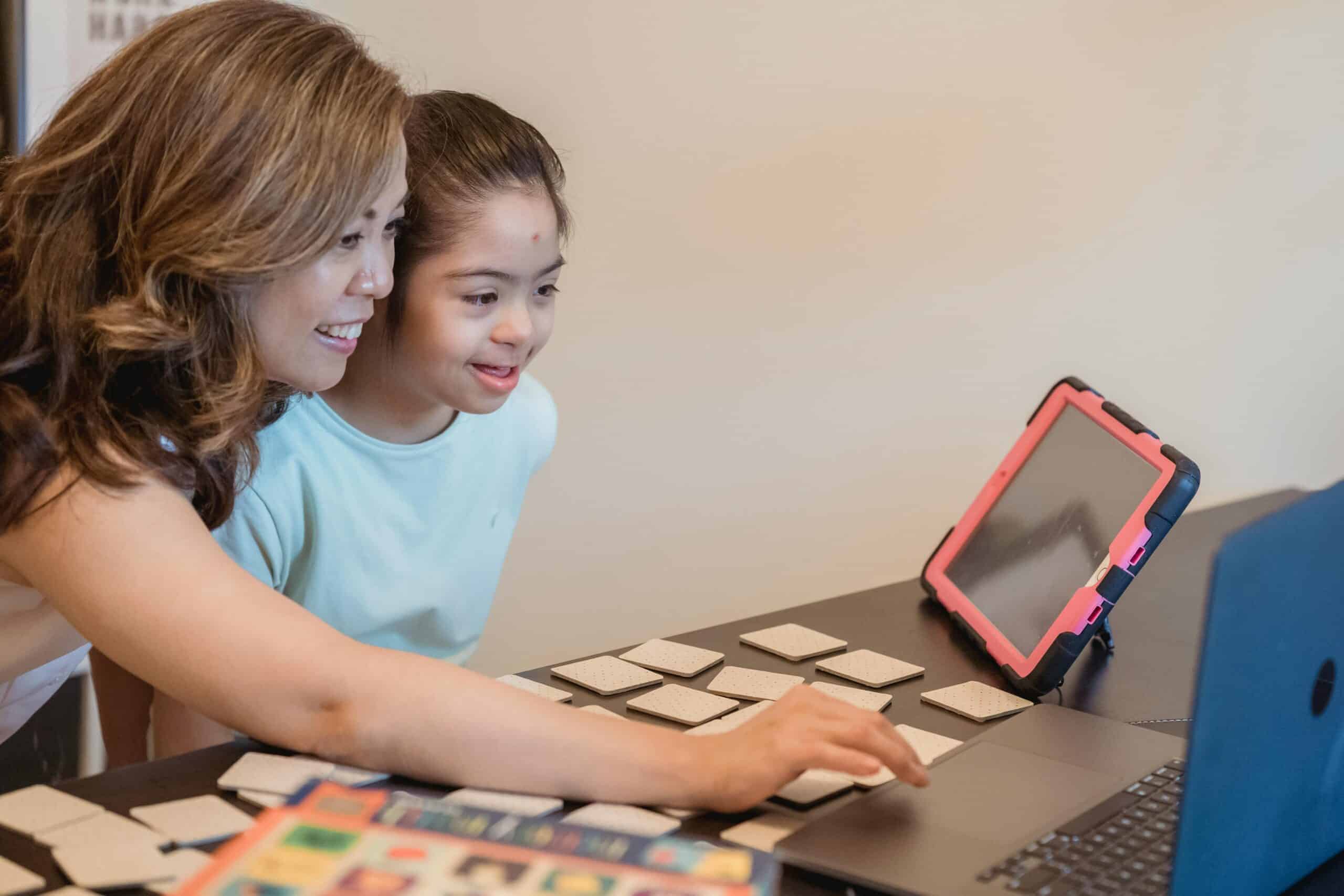
Despite what books or social media might suggest, perfect parenting doesn’t exist. Every parent stumbles through mistakes—missed cues, overreactions, or decisions that don’t pan out. Resilience isn’t built on flawlessness, but on learning and adapting through those very imperfections. The healthiest families aren’t those without mistakes, but those who face challenges honestly and support each other through them.
The Love Grows Deeper—And More Complex

At the start, parental love is often a rush of pure affection and wonder. Over the years, however, that love transforms—growing deeper and far more complex with every challenge faced and lesson learned. Difficult moments, such as conflicts or letting go, add layers to the bond, moving it beyond simple infatuation to something enduring and resilient. As described by Zero to Three, the parent-child relationship evolves into a tapestry woven from patience, acceptance, and unwavering commitment—profound proof that love only grows richer with time.
Conclusion

Parenting is a journey filled with hard truths, unexpected challenges, and moments of deep transformation. The path is rarely smooth, but it is rich with opportunities for personal growth, resilience, and profound connection. While you may never have all the answers or achieve perfection, embracing the ups and downs allows you to discover joys you never imagined. Celebrate your progress, forgive your mistakes, and cherish the complex, ever-deepening love that defines the parenting experience. Every step—no matter how hard—shapes a stronger, wiser you.
.article-content-img img { width: 100% }




